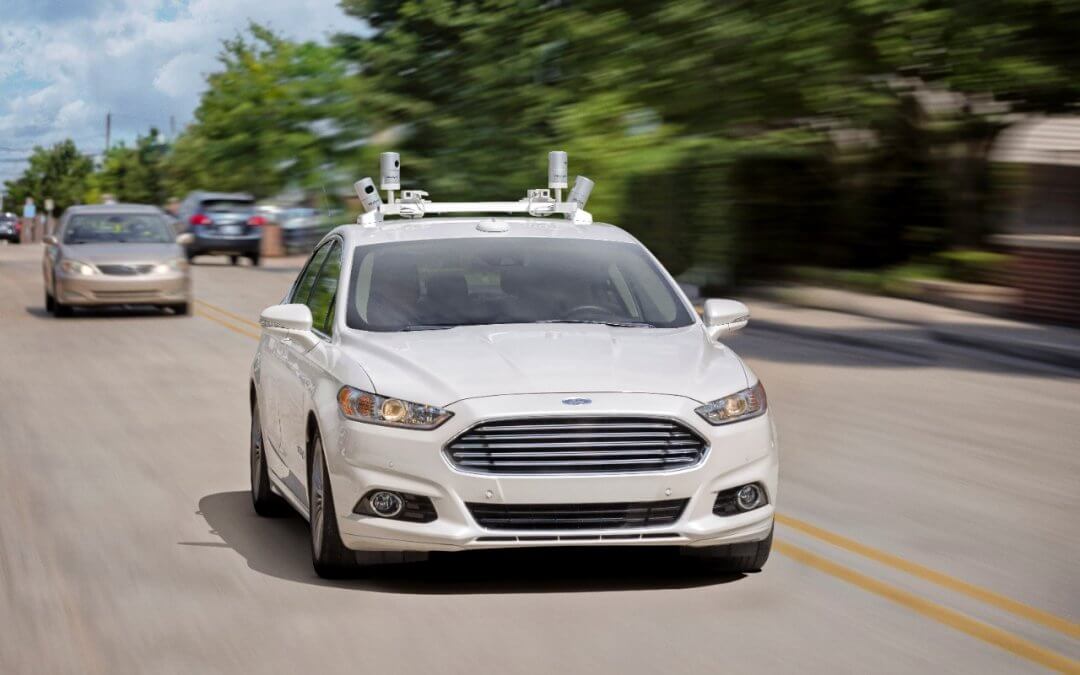Ford plans to roll out a line of fully-autonomous vehicles, without human consoles, in five years that would be geared for ride-hailing and sharing services.
Ford’s announcement on Tuesday makes it clear that the brand most synonymous with Detroit the old-line American auto industry will attempt to position itself at the forefront of its transformative trends, namely autonomous and electric-powered vehicles.
“The next decade will be defined by automation of the automobile, and we see autonomous vehicles as having as significant an impact on society as Ford’s moving assembly line did 100 years ago,” Ford CEO Mark Fields said in a statement.
Of course, Ford, which already has a well-established autonomous vehicle program, is in good company; Uber and Google have invested substantial sums in self-driving car programs; Apple has kicked its program into high gear. And other automakers — Mercedes, GM and Volvo among them — have similar programs.
But more than any other U.S. automaker, Ford has shown itself willing to develop the complex and computer-based technologies in-house. And the latest announcement signals that it’s prepared to go toe-to-toe with its Silicon Valley rivals.
The company said it’s doubling the size and staff of its Ford Research and Innovation Center in Palo Alto, which already has 130 researchers, engineers and scientists. It’s also partnering with four startups specializing in LiDAR and other its autonomous vehicle technologies.
Ford’s latest move effectively separates the company’s development of autonomous functions in traditional vehicles from fully self-driving vehicles.
The challenges of integrating autonomous functions with human drivers have already become apparent, most strikingly in the fatal crash of a Tesla Model S in May.
It remains to be seen how Ford will go about marketing its fully autonomous vehicles. Uber, in addition to developing its own self-driving technology, is already partnering with Toyota. And Lyft, the other main U.S. ride-hailing company, has a partnership with GM that includes development of self-driving technology.
Ford’s plans call for the mass-production of “SAE level 4” vehicles, which can operate without a human driver. Ford says the planned vehicles will be “high volume” and lack steering wheels and pedals.
Ford recently made news with a pilot program it’s launching this fall at the Massachusetts Institute of Technology in which students and faculty will be able to use smartphones to summon self-driving electric carts to take them around campus.

